Conclusions
The Blue Economy is a low polluting, resource-efficient and circular economy based on sustainable consumption and production patterns, enhancing human well-being and social equity, generating economic value and employment, and significantly reducing environmental risks and ecological scarcities”. The Blue Economy integrates a diverse range of economic activities from coastal and marine tourism to maritime transport, fisheries and aquaculture, and offshore renewable energy. Its potential contribution to sustainable jobs creation, food security, clean energy supply, circular economy and sustainable mobility is huge. A wide number of actors and sectors need to be capacitated and coordinated to face the opportunities and challenges of the Blue Economy in the Mediterranean region. To avoid natural resources depletion and environmental degradation while providing local socio-economic development, the deployment of a Sustainable Blue Economy in the Mediterranean region needs governance mechanisms (institutional arrangements, regulatory framework) and a strong monitoring and reporting system, which are ensured by the Mediterranean Action Plan-Barcelona Convention in cooperation with other international agreements. The role and involvement of scientists, businesses, local authorities and civil society organizations is therefore key to ensure sound science-based policies and green/blue economic activities contributing to a prosperous, sustainable and inclusive Blue Economy in the Mediterranean region.

